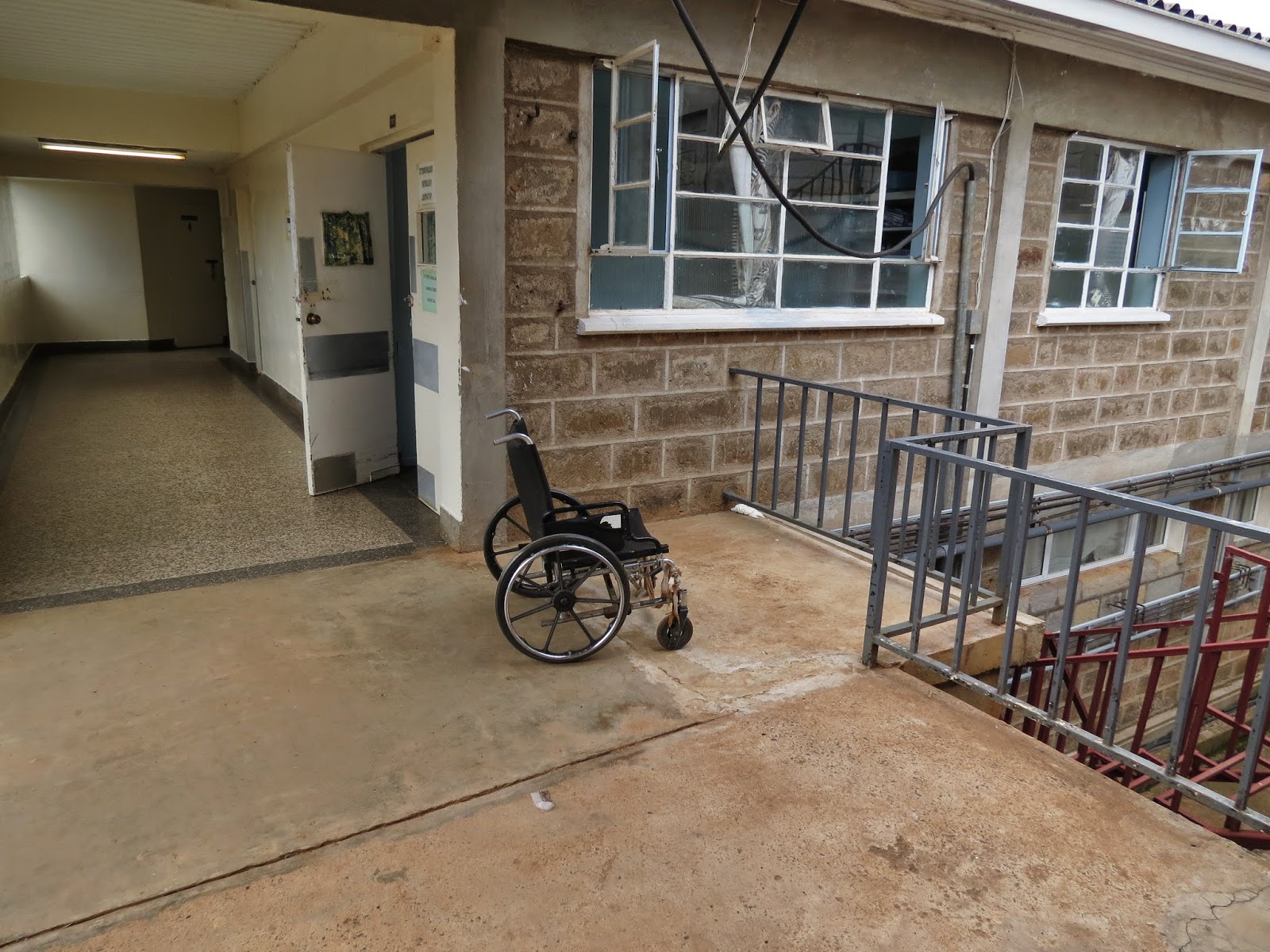Not only so, but we
also glory in our sufferings, because we know that suffering produces perseverance;
perseverance, character; and character, hope. And hope does not disappoint us,
because God’s love has been poured out into our hearts through the Holy Spirit,
who has been given to us.
Romans 5: 3-5.
Have you looked at Lego sets lately? They appear to have
advanced along with everything else over the last 20 years. The projects are
amazing, and amazingly complicated. We look at the beautiful finished products
on the front of shiny boxes, ignore the age parameters, and go for it! The
result? Usually a frustrated little child with big dreams and a shiny box and
little Lego pieces mismatched all over the table. The directions are correct,
but when you cannot read well and you are still working on left versus right,
what seemed easy peasey in the toy store can quickly become a BIG MESS once
reality hits. Mom and Dad step in-these things are hard! The finished project
is complicated. And then, watch out! The Lego creations can break apart pretty
easily in all those battles with heavy flying, driving and maneuvering. Where
are those pieces? Where are the directions? The picture on the box still looks
great, by the way. Zip lock baggies come out. We look for the directions. We
are met by a little one with tears in his eyes, holding a bag filled with hundreds
of disarticulated plastic pieces that used to fit together.
Last night I watched a recorded presentation of Joni Eareckson
Tada speaking at Shadow Mountain Community Church. The title of her talk was “Hope
is the Best Thing.” For any of you who do not know about this remarkable lady, her
story is told in the book Joni, and
on her ministry pages at www.joniandfriends.org. She had a diving accident in her teens, and
went through incredible depression leading to despair; but ultimately, God led
her to a place of dynamic hope and faith.
God’s plans were certainly not her own, but she testifies how His plans
for her were actually for her best. And how He has used her life and her
testimony! Her ministry has touched tens of thousands across the world, many of
whom are disabled-the forgotten, the lonely, the despairing. Her message last
night was about hope-and how Jesus Christ gives us hope even in the most
desperate of places.
So what do Legos and hope have in common? Our return to the
States for home ministry has been challenging. Yes there is such a thing a
reverse culture shock, and kids experience it too. We long for the security of
home-but then realize that home is not the same, and we are not the same, and anyway,
home is no longer geographically defined for us. I went to bed the other night wondering how in
the world all of this-our family, our ministry, and our call-could be put
together, and how we could accomplish what we believe God is asking us to
accomplish in our service to women and children in East Africa. We were
discouraged. Our son was discouraged. Not a great place to be when trying to
find some sleep. But I prayed: God please show us how to do this, how to return
to Africa fully funded, how to build a building and a program, how to better
love the patients and the staff, our neighbors and our community, and to do all
of this while providing for our family and our home life and our relationship
with one another. TOO BIG. TOO MUCH. I looked ahead in my mind and saw a big
shiny completed project. But how do we get from here to there? IMPOSSIBLE.
Now answers to prayer can come in unexpected ways. Early that
morning, I awakened from this dream: I was standing in front of a person I did
not see but knew somehow that He was God. He looked at me and asked me what I had
in my hand. I looked down, and it was a zip lock bag full of disarticulated, boldly
colored Lego pieces. He told me that I was right-I was completely unable to
assemble this project-too many pieces, too many variables, too much broken
apart. He then told me, “Give me the bag.” I reached up and handed it to Him. He
said, “I will take care of it all, for this is mine and you are mine and nothing
is impossible for Me.” I woke up
suddenly. Hope filled my heart.
As Joni said from her wheelchair (quoting from the movie Shawshank Redemption, by the way), “Hope
is a good thing, maybe the best of things.” And it is what we have in Jesus.
All of our plans and dreams rest in Him. He gives us our hearts. He created our
dreams. No matter where we are, we cling to Him in hope and confidence that He
loves us, and takes joy in us and accomplishing His purposes through us.
So the next time you feel that your life is like a broken
down Lego project, remember that nothing is too hard for God. We do not lose
hope even though what we have built is seemingly broken or misshapen or not
according to plan. Pick up the pieces. Put them in a large zip lock bag. Give
them to God. His plans are far greater than we know. And have hope. It is
a good thing-maybe the best of things.


